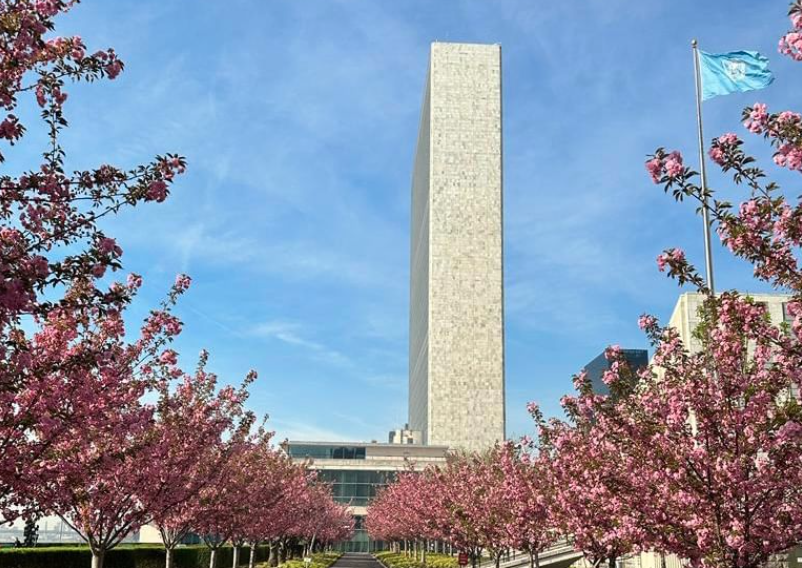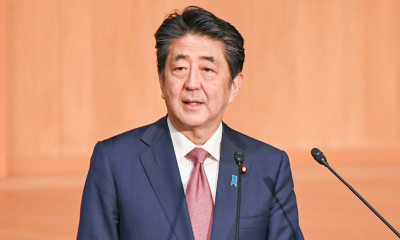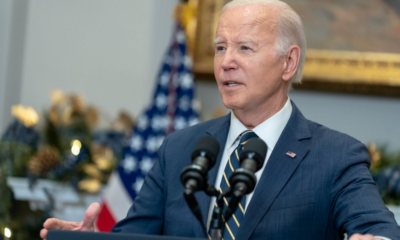NEWS
UN Says World is ‘Failing’ Goal of Achieving Gender Equality by 2030
Published
9 months agoon
By
Matthew Hall
More From Politically+
-


Environmental Activists Disrupt Annual UK Oil & Gas Fossil Fuel…
-


Former Japanese Prime Minister Shinzo Abe assassinated
-


The granddaughter of Martin Luther King Jr. speaks at the…
-


More: Montana Rep. Zooey Zephyr Speaks to Supporters Outside State…
-


Biden Issues Broad Pardons For Certain Marijuana Offenses, And Commutes…
-


More: Hillary Clinton Welcomes Gov. Kathy Hochul To Stage At…
-


President Biden signs executive order to protect abortion rights after…
-


DOJ Seeks Forfeit Of 2 Luxury NYC Apartments Of Former…
-


President Biden with Maryland Gubernatorial Candidate Wes Moore as Band…
-


6 killed and dozens injured during mass shooting at Fourth…
-


NRA Conventions Sparks Protests in Houston, TX
-


UNHCR Goodwill Ambassador Ben Stiller shares message from Ukraine on…
